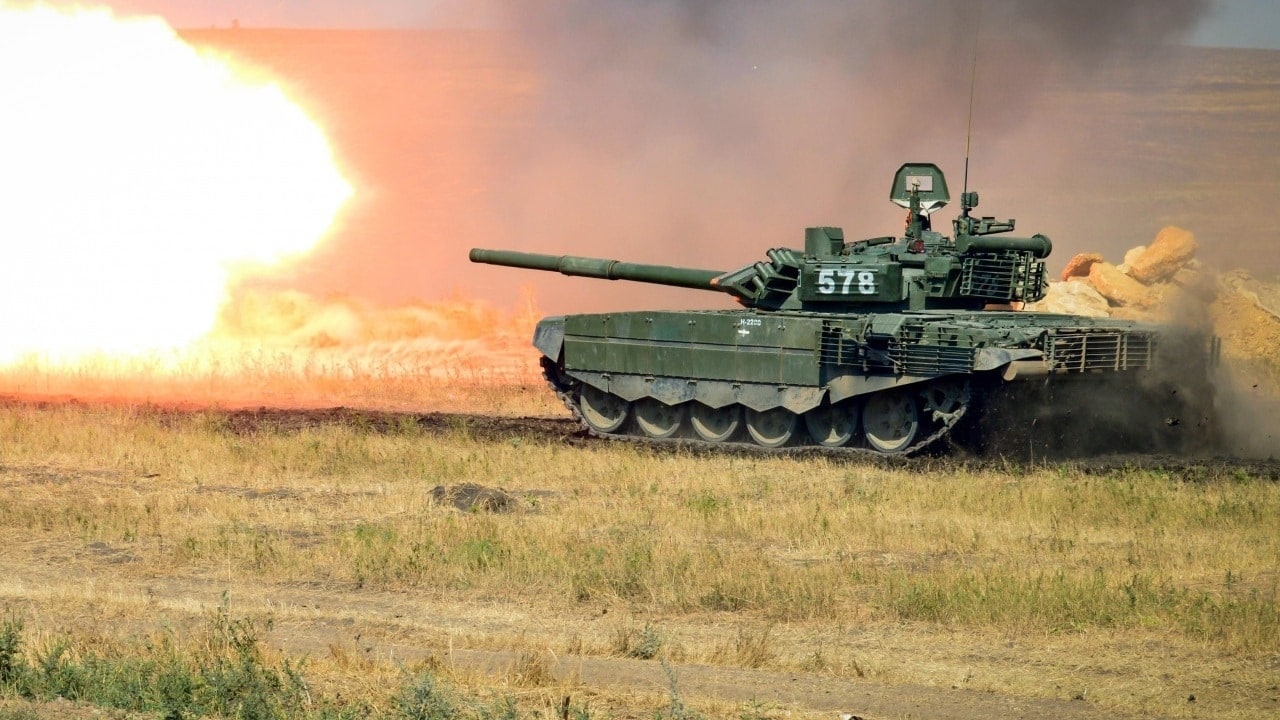During a recent telephone call with U.S. President Joe Biden, Ukraine’s President Zelenskyy reportedly asked the United States to designate Russia as a state sponsor of terrorism. The details of the call were revealed by two sources familiar with the discussions who confirmed the details to NBC News.
The possibility of Russia being designated a “state sponsor of terrorism” was a “very brief part of the call.” The Ukrainian president reportedly brought the topic up, by Biden did not engage in a long back and forth about the topic.
According to the sources, the request didn’t come with the same sense of urgency as the multiple requests for more weapons, military vehicles and aircraft, and other supplies.
What It Would Mean
The United States Department of State designates countries that have “repeatedly provided support for acts of international terrorism” as “state sponsors of terrorism.” It could mean that a country either endorsed or encouraged terrorism, funded or facilitated terrorism or used its military to commit acts of terror.
“Countries determined by the Secretary of State to have repeatedly provided support for acts of international terrorism are designated pursuant to three laws: section1754(c) of the National Defense Authorization Act for Fiscal Year 2019, section 40 of the Arms Export Control Act, and section 620A of the Foreign Assistance Act of 1961),” the Department of State website explains.
When designated a state sponsor of terrorism, a country will face four categories of sanctions. These include restrictions on access to U.S. foreign assistance, various financial and economic restrictions, a ban on the export of military and defense equipment, and controls over dual-use items.
At present, four countries are on the list. These are the Democratic People’s Republic of Korea, Cuba, Syria, and Iran.
Sanctions placed on Russia since the beginning of the Ukraine invasion already reflect the sanctions that come with an official designation, but Russia has yet to receive the designation.
Will the White House Do It?
While President Biden has not commented on whether he believes Russia should be designated a state sponsor of terrorism, the possibility remains on the table according to Secretary of State Antony Blinken who said on March 27 that he will “look at everything.”
The United States government has previously considered designating Russia a state sponsor of terrorism in the wake of the poisoning of former Russian spy Sergei Skripal in Salisbury, England.
Rex Tillerson, United States Secretary of State during the Trump administration, ordered the State Department to outline the case for designating Russia a state sponsor of terrorism not long after the attack took place. Within days, however, the initiative was dropped over concerns that the designation would limit the United States’ ability to work with Russia on many issues.
“Designating them would interfere with our ability to [work with Russia],” a U.S. official said.
Given that Russia is already subject to sweeping economic sanctions and blocks on the export of military equipment and technology, designating the country a state sponsor of terrorism may not have a substantial effect on the Ukraine conflict. The decision may simply make the sanctions more permanent than they already are or fast-track additional sanctions that the United States is continuing to use as leverage to encourage Russia to withdraw.
Jack Buckby is a British author, counter-extremism researcher, and journalist based in New York. Reporting on the U.K., Europe, and the U.S., he works to analyze and understand left-wing and right-wing radicalization, and reports on Western governments’ approaches to the pressing issues of today. His books and research papers explore these themes and propose pragmatic solutions to our increasingly polarized society.

